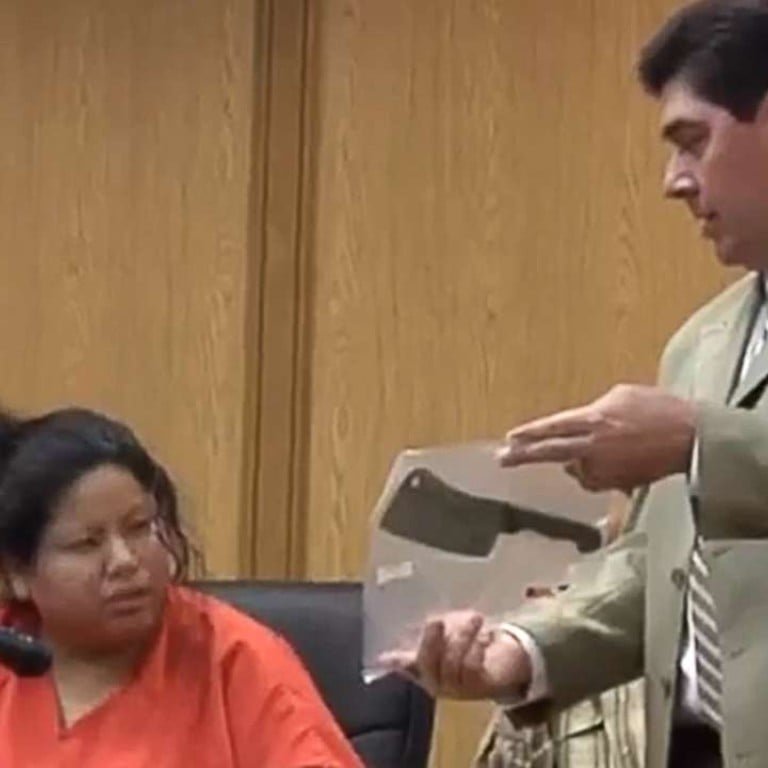
Book review: The Long Shadow of Small Ghosts is a heartbreaking tale of neglect and murder
Laura Tillman tells the story of the shocking murder of three infants by their parents in Brownsville, Texas

by Laura Tillman
Scribner
5/5 stars
The Long Shadow of Small Ghosts, a poetically titled book about the most horrifying of crimes, weaves together a devastating tale of true crime and the sociology of the dirt-poor border town where it took place – Brownsville, in the US state of Texas.
Laura Tillman, the young author, arrived in Brownsville as a newspaper reporter five years after a couple murdered their three small children in a decrepit apartment. Tillman had been assigned a story about the ongoing debate over the apartment building – whether it should be demolished, physically wiping away a city’s reminder of the terrible crime that took place within it.
Haunted by what she learned, Tillman began a six-year investigation into the murders and the circumstances surrounding them, not just the what-and-where of the story but the why. She spoke with neighbours and family members, teachers and aid workers and even one of the murderers, John Allen Rubio, a troubled, drug-dazed young man fascinated by the supernatural.
After his arrest, Rubio was diagnosed as having paranoid schizophrenia.
Tillman tried to talk to Rubio’s mother, who, through an intermediary, told her to come back the next day, then refused to come to the door, finally leaving a sign outside saying that she wouldn’t talk. Tillman reached out to his brothers, but they said the pain was too much.
She tried to reach the family of Rubio’s wife, Angela Camacho, with no success.
“The sadness here was suffocating,” Tillman wrote, “a tidal wave that threatened to crush all in its path, then pull the wreckage out to sea.”

For a time, the family lived in a one-bedroom apartment with no electricity or running water. For a while, they were homeless, sleeping on a mattress in an alley.
From his early days in school, Rubio was described as troubled, with a quick temper. Some reports said he had few friends. His family life wasn’t much better, with frequent beatings from his father until at one point, Rubio told Tillman, all the anger welled up in him and he punched his father and knocked him out.
But he found joy, he said, in being a father himself.

Her lawyer said she was easily influenced, limited in conversational skills and docile. But she was psychotic, too, he said, and often saw visions of a lady in black. He was able to get her a plea deal – three concurrent life sentences, and said she didn’t fully understand what was happening around her.
“Other than she’d done something wrong,” he said. “And there was remorse, remorse, remorse.”
The Long Shadow of Small Ghosts is heartbreaking and by its nature a difficult read.
Even in the horror, though, there are glints of hope, bright moments, people doing their best to get along, to make things better for their families and their neighbourhoods.
A few miles away, in a cemetery, three graves sit side by side, a few small toys scattered on one. Tillman describes a small mesquite tree that provides a bit of shade, and a farm off in the distance. “The place was lovely in its way,” she writes. “The grass and the lonely tree obliterated the violent images of the children that had been swimming in my mind. Here at last, they had a peaceful place to rest.”
Tribune News Service

